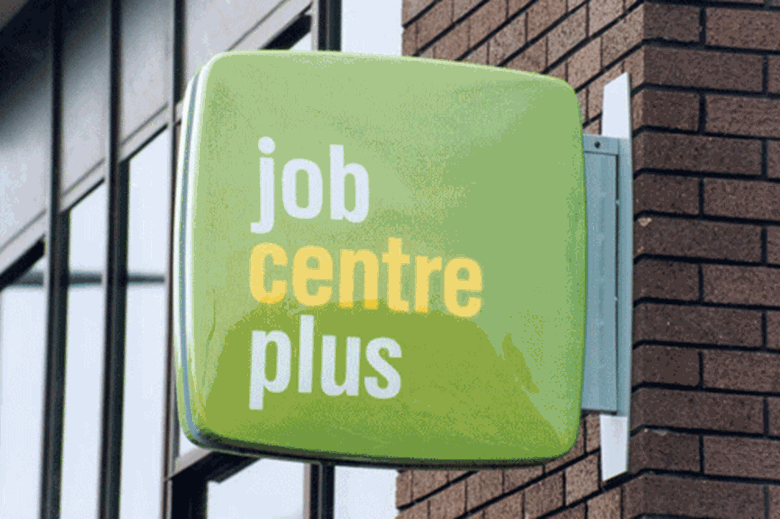Call for career support for disadvantaged primary pupils
Laura McCardle
Monday, June 30, 2014
The next government should develop a welfare package that provides support from primary school into adulthood in a bid to reduce youth unemployment, a report suggests.

In its Journey to Work: Welfare reform for the next Parliament report, the Centre for Social Justice (CSJ) recommends that the next government makes youth unemployment its "moral mission".
The report claims that it is “never too early” to inspire children to think about their future employment and training opportunities and recommends that primary schools work with local businesses to provide careers taster sessions for pupils in an attempt to prepare them for the world of work.
The CSJ also recommends the creation of a national initiative to target intensive support at young people who, at the age of 14, are identified as being at risk of unemployment in the future.
It suggests that factors such as low parental income, special educational needs and teenage pregnancy be used to identify those most in need of support before assigning expert coaches to support them through the transition into adulthood.
The report also recommends the introduction of a co-ordinated "youth offer" to replace existing support for jobless 18- to 24-year-olds.
Under such a scheme, school leavers not applying for higher education would be required to apply for education, training or work opportunities.
Those who fail to gain a placement would be enrolled on a specialist intensive job search programme without financial benefits for four weeks. After this, young people would be able to apply for a "young person’s payment" to support them during the programme for three months.
If they were unsuccessful, young people would then join a "community wage" scheme, where they would train with voluntary and private sector organisations for 35 hours a week.
According to the report, the government would pay young people’s welfare entitlements to the organisations, which would then pass on the community wage to replicate the conditions of a workplace.
The recommendation echoes plans recently announced by Labour leader Ed Miliband, who said his government would scrap out-of-work benefits for unemployed 18- to 21-year-olds in favour of a training-based means-tested system.
Christian Guy, director of the CSJ, said a joined-up approach across government, business and the voluntary sector is required to dramatically reduce youth unemployment rates.
He said: “We’ve had high levels of youth unemployment for too long in our country.
“Recent progress is very welcome, but in good economic times and bad, under successive governments, the number has been stubbornly high and talent has been wasted.
“We urge those planning for government in 2015 to declare reducing youth unemployment their moral mission for the next parliament.
“From primary school to adulthood, our dynamic proposals offer intensive support to prepare all young people for the world of work.”
Steph Taylor, head of London Youth's Talent Match London initiative, and a contributor to the report, said: “The young people we work with who are currently unemployed consistently tell us that what is missing for them is personalised support to progress into a career, not just a job.
“What is crucial here is the recognition that all young people need support at a time that’s right for them, and that this support does not end with education, but through the youth offer it would be sustained alongside their journey into work – and if necessary, during it to ensure they sustain employment.”
Richard Hughes, policy and research office at YMCA England, has welcomed the report.
He said: "We welcome any attempts to better recognise and support those young people in most need into education and employment.
"In particular, improved work experience and career advice and routes for those young people not taking the traditional university route, while still in education, are critical to overcoming the barriers young people face.
"However,once young people leave education, measures such as extending waiting days before they are able to access financial support has the potential to drive many more young people into financial hardship and could lead many to disengage with support completely."




